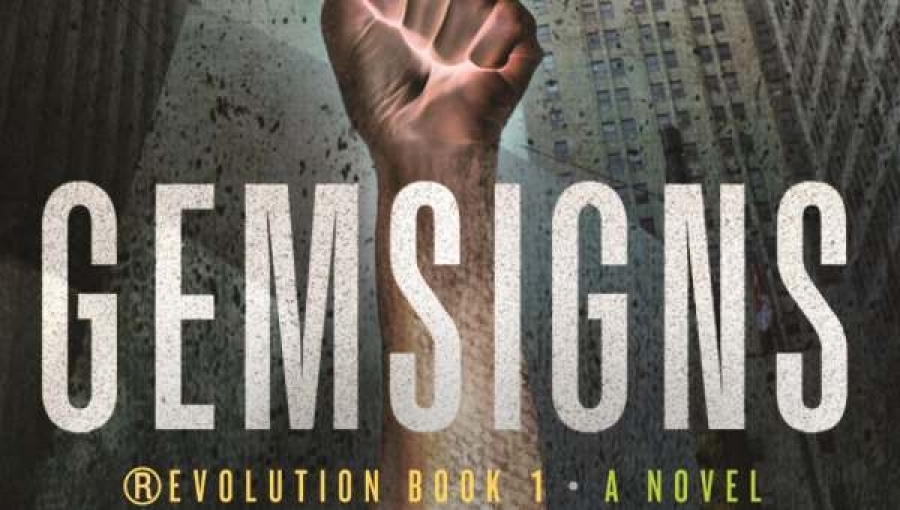In Stephanie Saulter’s debut novel, Gemsigns, humanity’s increasing reliance on technology created a horrible disease known only as the Syndrome, which incapacitated youth and drained them of life before they reached the age of forty. Rather than revert to a pre-Industrial Revolution society, researchers created a cure that involved manipulating genes at the most basic level to prevent the Syndrome from ever taking hold of another child; however, gene manipulation therapy doesn’t stop with protecting people from this modern-day plague. Various companies begin manufacturing genetically modified humans, gems, to fill specific roles that are deemed unfit for “normal” individuals. Years later, Dr. Eli Walker is faced with the challenge of whether or not gems are fundamentally different from norms, and his presentation at a prestigious EU conference on the “gem question” can determine whether these manufactured people are valued as human or returned to their lives as products of the large gemtechs. Everyone has an opinion about the conference’s decisions, and they won’t hesitate to use violence to try and get their way.
Gemsigns was one of those books that both engaged and repelled me at the same time, because it examined issues that felt far too close to some current political issues in the US. The gems could be an allegory for any marginalized group: homosexuals; transsexuals; immigrants; the poor/homeless; etc. Sometimes, I felt as if I examined myself through the text. The suffering of various characters throughout the novel also hurt me, even though I never developed deep attachments to most of them. The entire environment felt dark, gritty, and somehow bruised, which made some sections painful to digest.
Saulter employs several characters to tell her story, but I don’t believe that Gemsigns is a character-driven piece at its heart. Each plays an integral role in this alternate reality that is only a step away from our own. The immensity of the cast kept me from closely identifying with any one character, although I believe that Eli best fills the role of reader avatar. It’s not that the primary players are poorly fleshed out; I was just so busy absorbing the politics and setting of a new London to focus on people who were cogs in a greater, plot-driven machine.
Gemsigns’ setting, on the other hand, drew me in and kept me focused, even as I wished I could divorce myself from the harsh locale. Saulter’s London feels very bleak and foreboding, but maybe her writing sucked me in enough that I experienced gem marginalization through the text. She also does an excellent job of revealing bits and pieces about the gemtechs, the Syndrome, and the legal status of the gems throughout history throughout the entire book. Saulter’s educational background really shows in the clear, concise, faux science briefs, and she clearly understands the material she created to justify her cautionary tale.
Fundamentally, this book is about the dangers of science and technology interfering with the core of humanity, but I sensed a certain spirituality around the edges. If you don’t mind slightly harder SF stories that will challenge you as a reader and expand your thoughts on marginalized groups, give Gemsigns a try. It’s just the start of Saulter’s stories in this world, and I hope that she reveals more about the gems and their struggles in later installments.
4 Cases of Hyperspectral Vision out of 5

